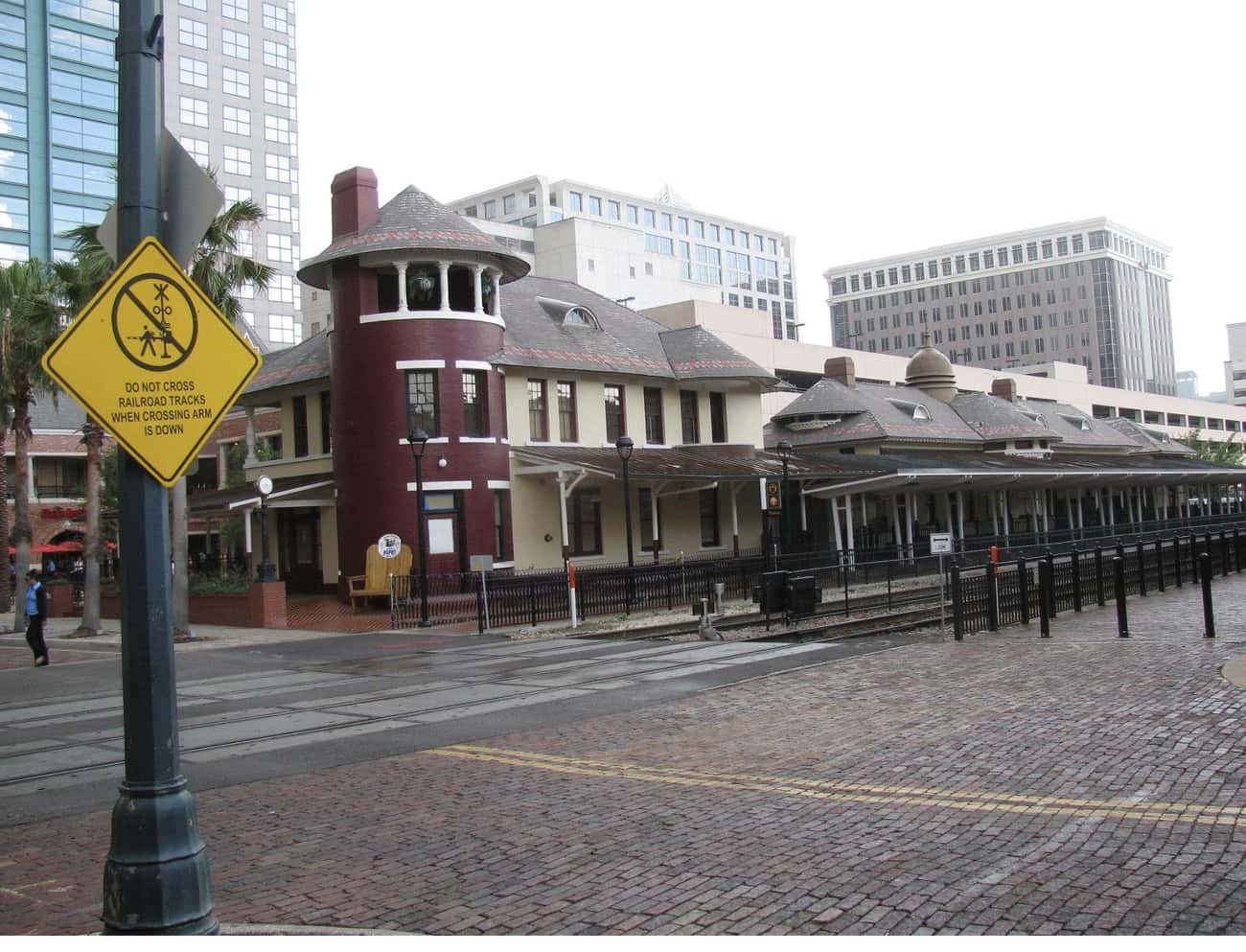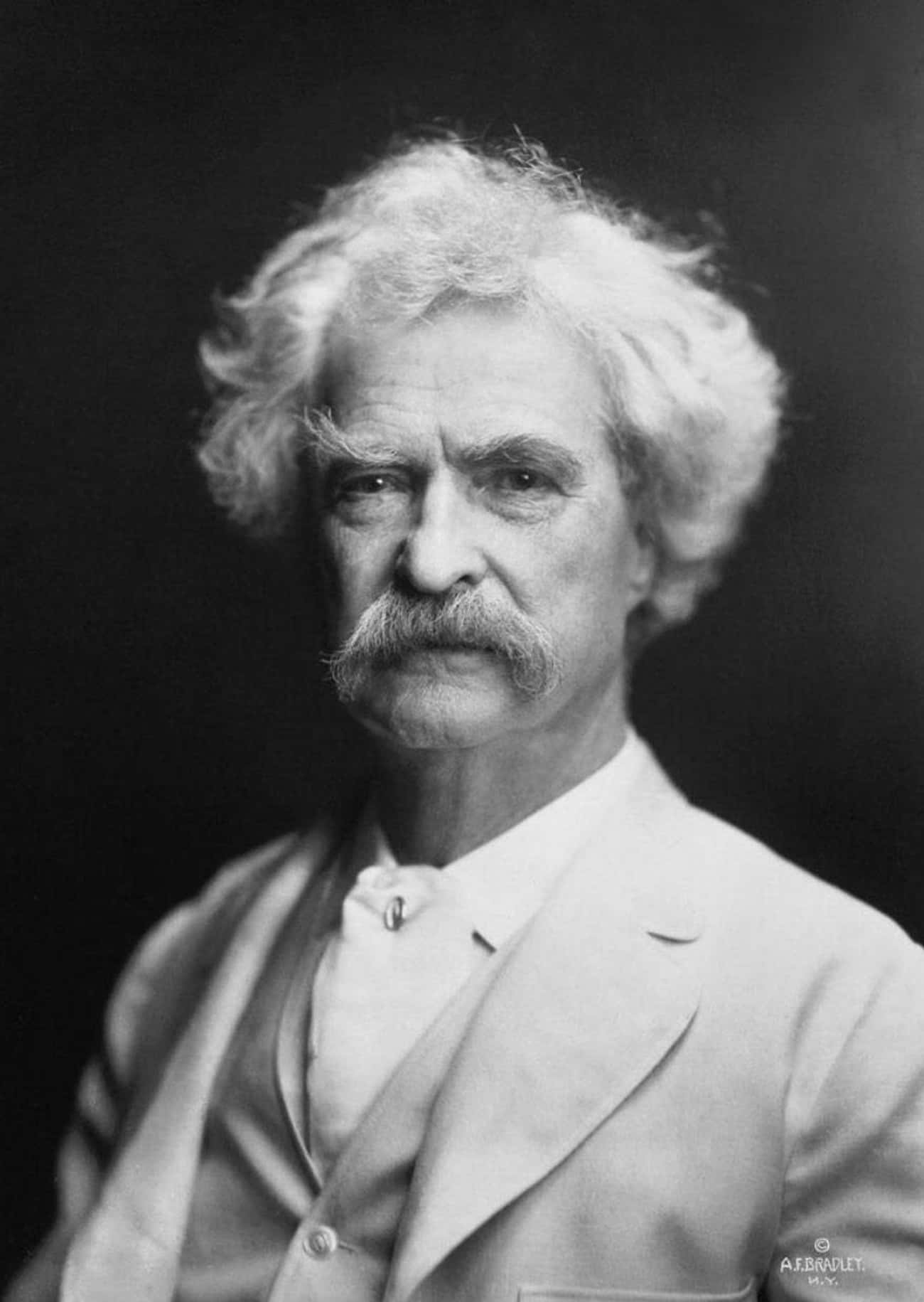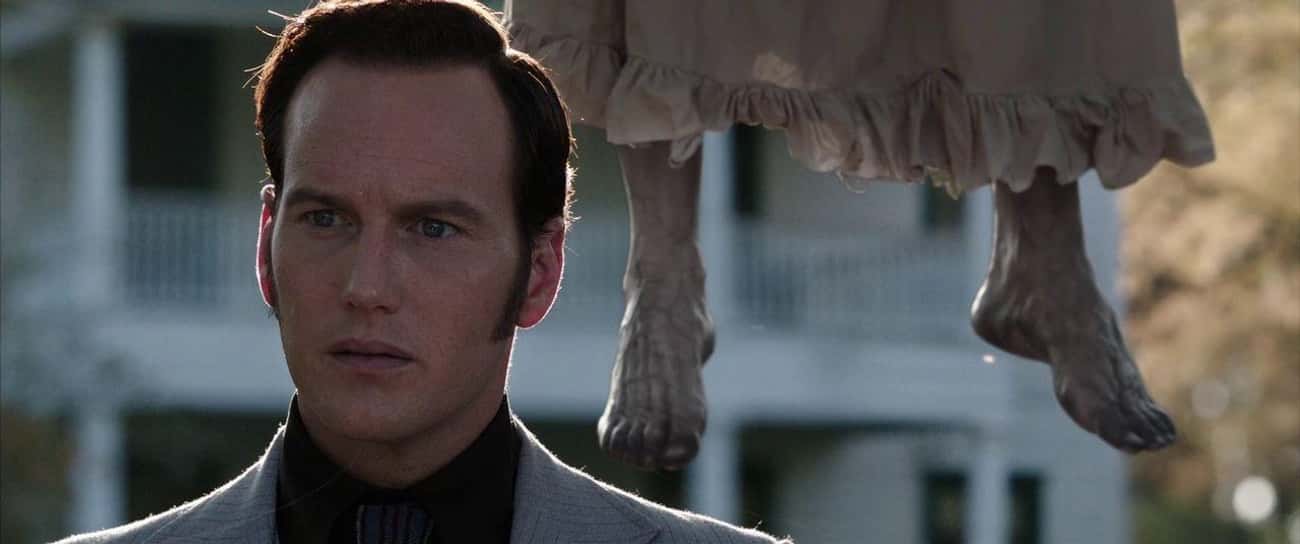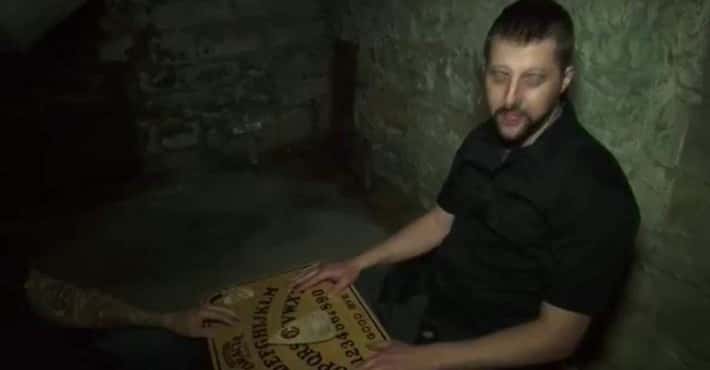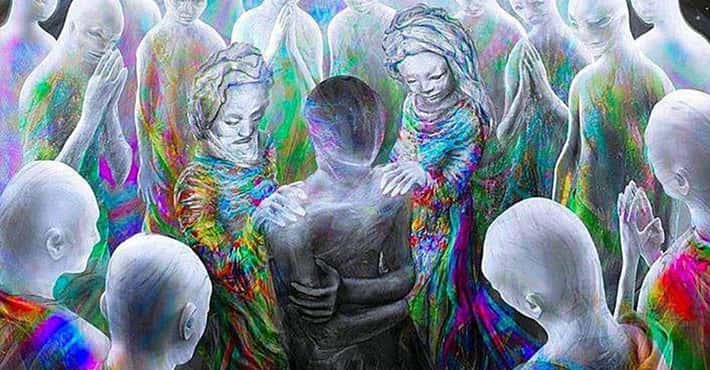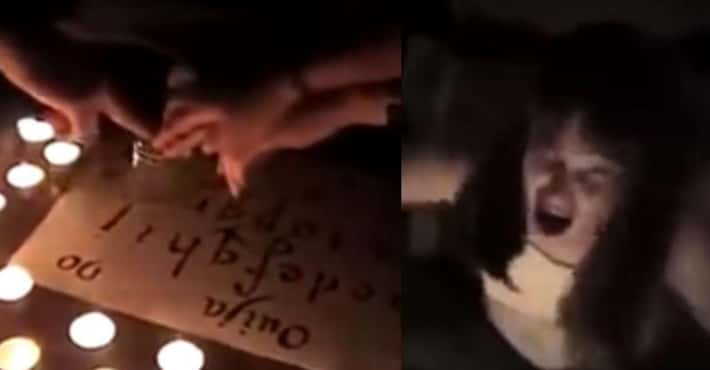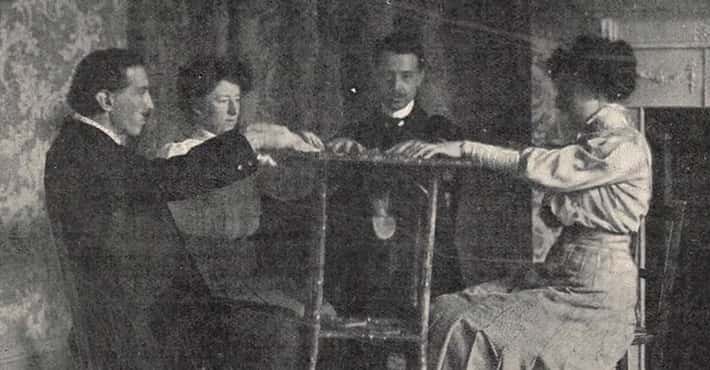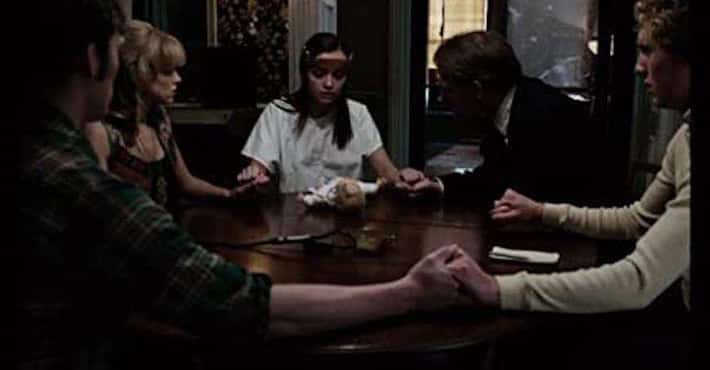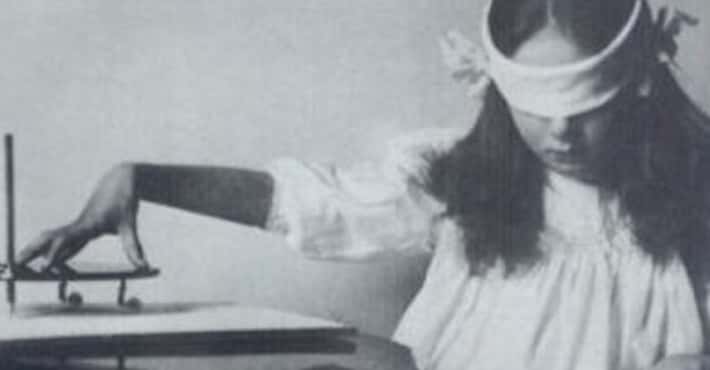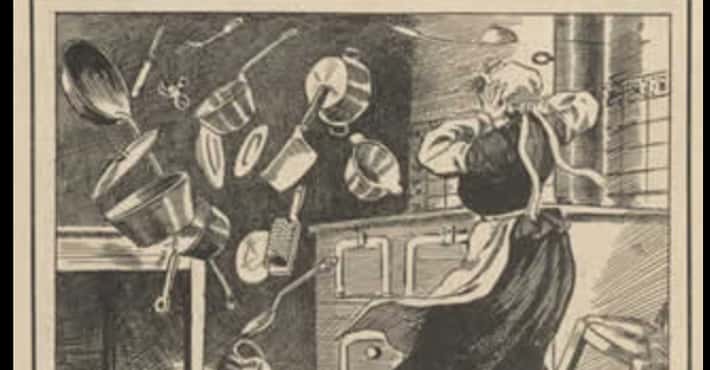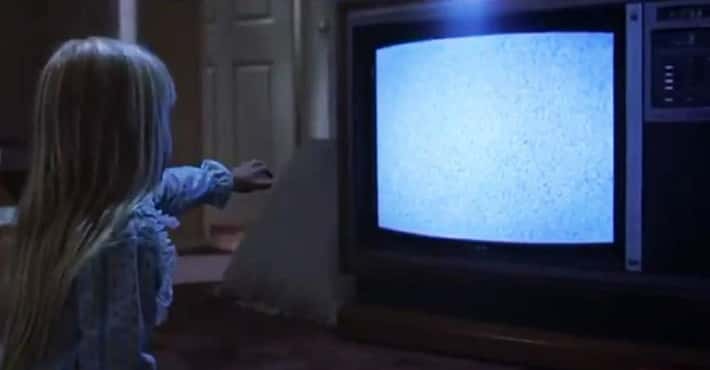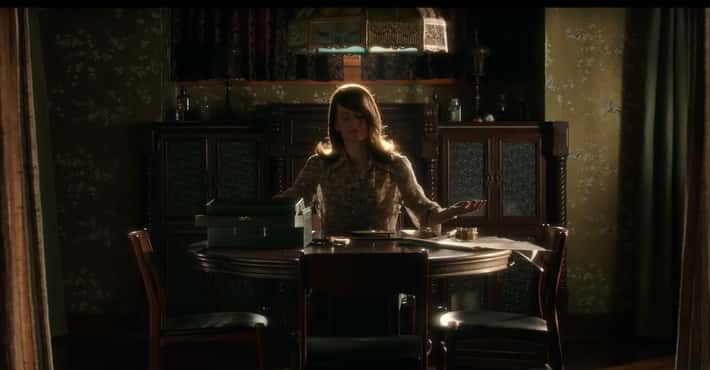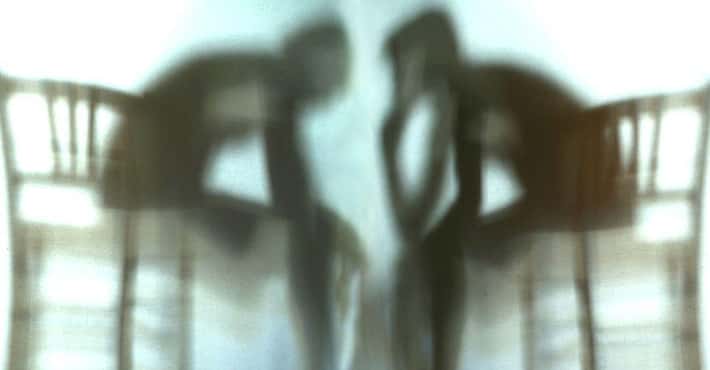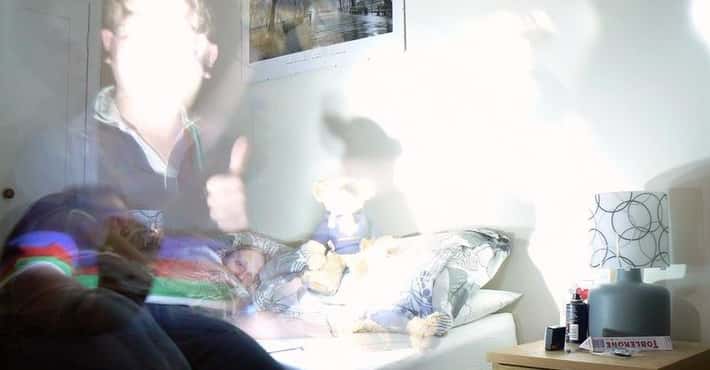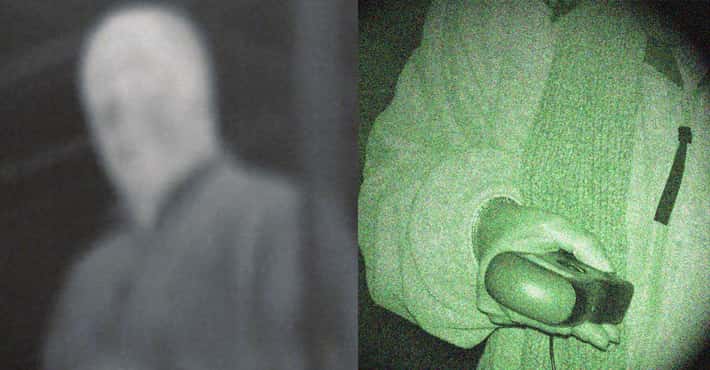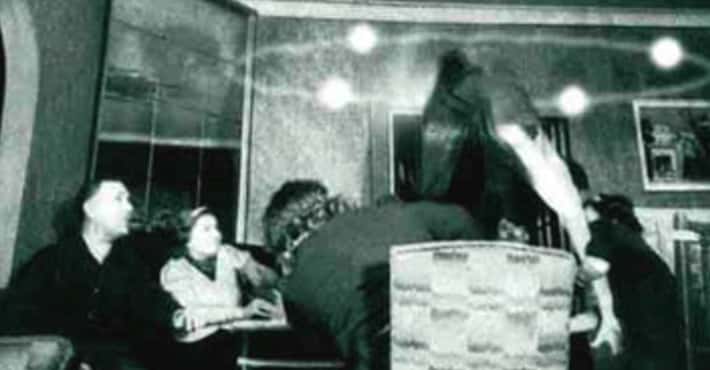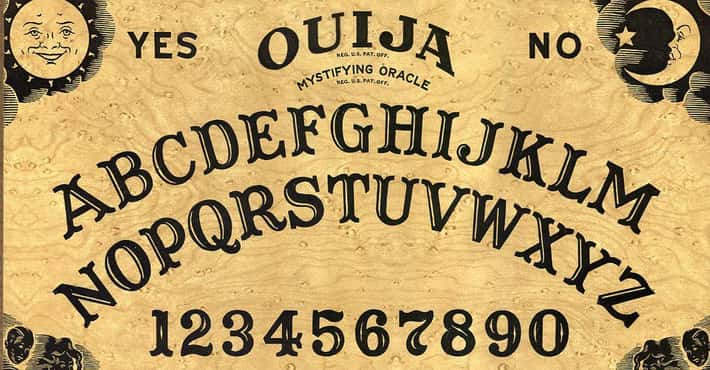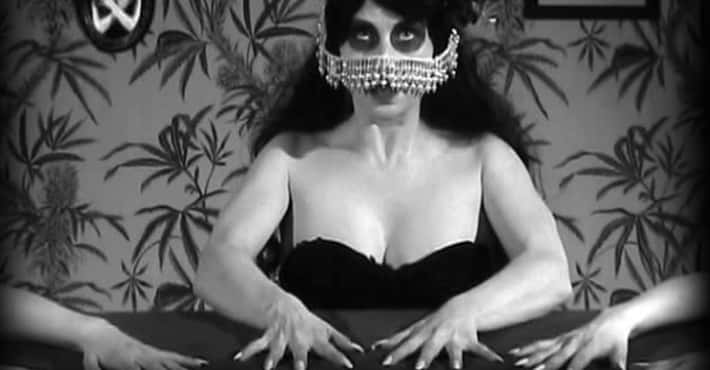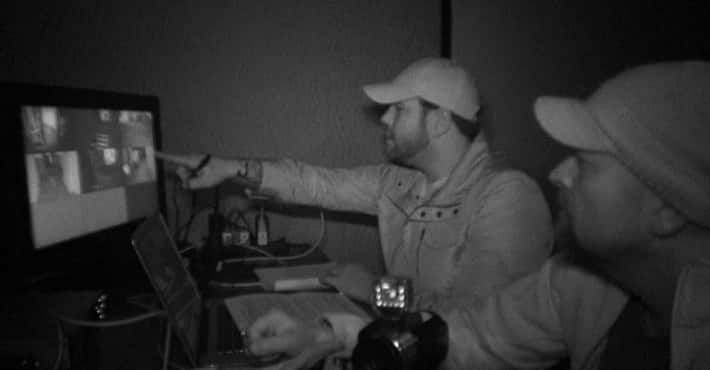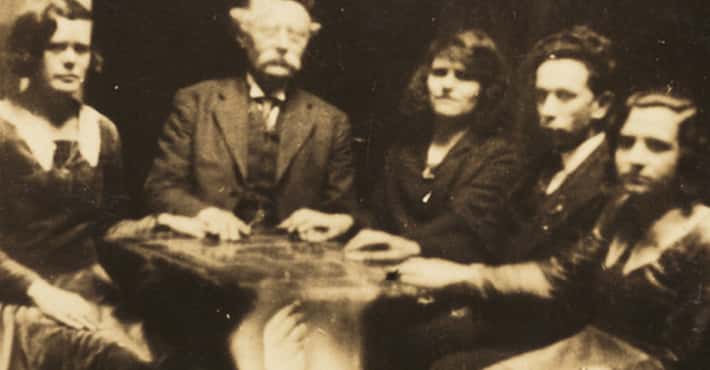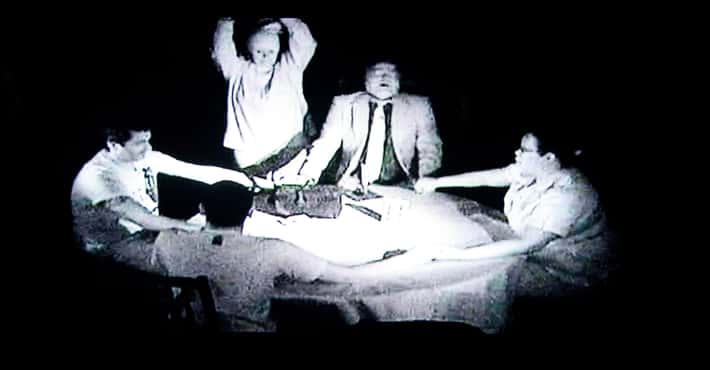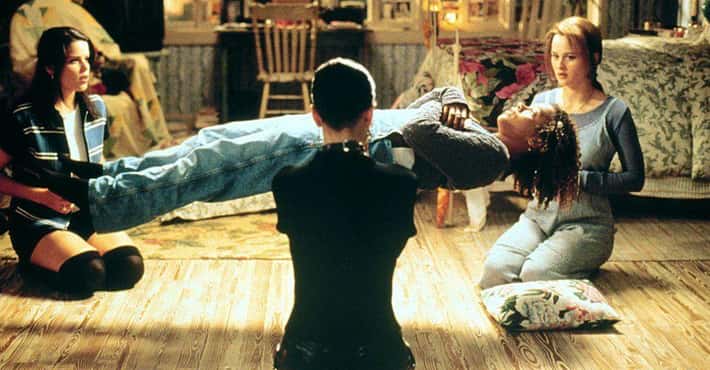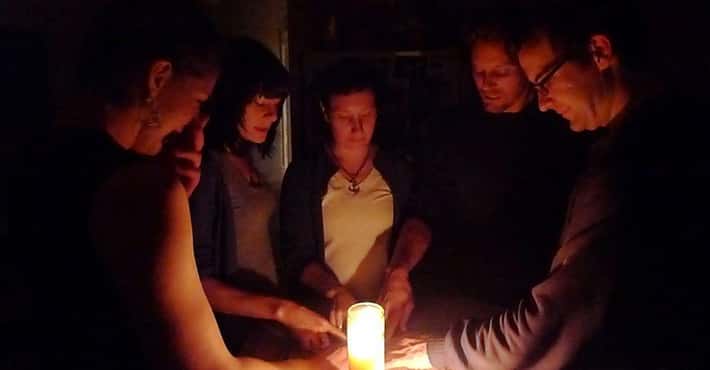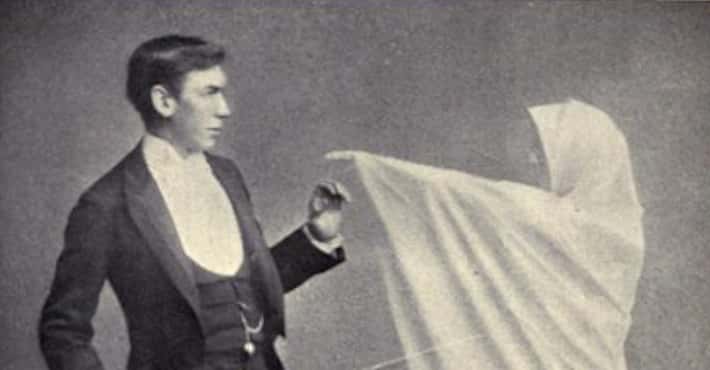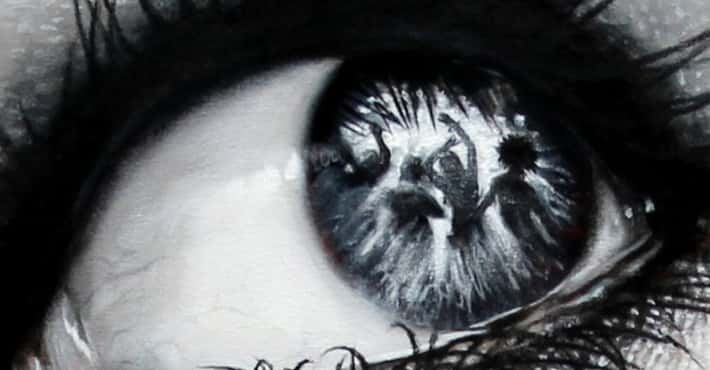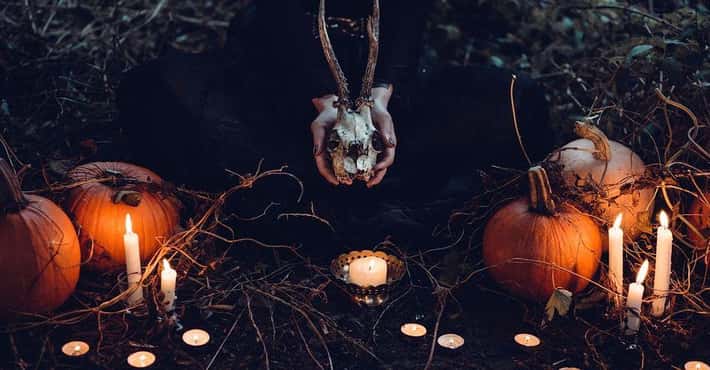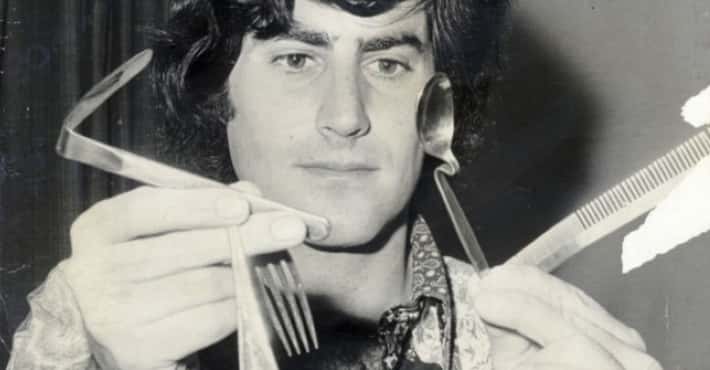10 Spooky Court Cases Involving Ghosts
Ghosts and spirits are usually the subject of campfire tales and horror movies, but occasionally, the legal system hears cases involving real-world hauntings. Obviously, modern courts aren't equipped to answer the question of whether or not ghosts are legally considered real, but a large portion of people believes that ghosts do indeed exist - about 40% of people, according to USA Today.
A belief in ghosts can cause plenty of real-world problems: The undead have been involved in several court cases in the 19th, 20th, and 21st centuries, spanning everything from real-estate disputes to trespassing to copyright infringement.
Here are 10 real-life court cases that involved ghosts and how they played out.
Restaurateurs Refused To Move Into A Newly Renovated Building After Hearing It Was Haunted
Photo: NE2 / Wikimedia Commons / Public DomainIn 2005, the landlords who operated the historic Church Street Station train station and entertainment complex in Orlando, FL, filed a $2.6 million lawsuit against two restaurant owners who refused to move into the property after learning that it was allegedly haunted.
According to lawyers for one of the restaurateurs, the owners were Jehovah's Witnesses whose religious beliefs prevented them from having any contact with undead spirits. When the landlords offered to perform an exorcism, the restaurateurs declined on the grounds that exorcisms are a Roman Catholic religious rite not compatible with their beliefs. According to one of the landlords' attorneys, “I asked them if these were good ghosts or bad ghosts, and if they were good ghosts why it was a problem." Local news sources didn't report on a financial settlement or other resolution for the suit.
The Church Street Station is a well-known attraction for ghost aficionados, and it's a popular tourist spot for ghost tours.
Mark Twain’s Ghost Allegedly Wrote A Book Through An Ouija Board
Photo: A.F. Bradley, New York / Wikimedia Commons / Public DomainIn 1917, two psychic mediums, Emily Grant Hutchings and Lola V. Hays, published a book they said was written posthumously by Mark Twain, who died in 1910. According to the mediums, the novel, which was titled Jap Herron, was written by Twain's ghost, and the mediums spent two years transcribing it through an Ouija board. The story is set in a small Missouri town and follows the eponymous Jap Herron, a young man born into poverty who becomes wealthy with the help of an affluent couple.
Twain and Hutchings had actually corresponded 15 years before the book was published. In one of his letters, Twain made a note to himself that read, "Idiot! Must preserve."
At the time, publishing books that were supposedly written by ghosts was a relatively common phenomenon - a New York Times review of the novel noted three similar books had come to print recently. However, the year after the book was published, Twain's daughter, Clara Clemens, sued Hutchings and Hays to prevent the book from being published. The two "authors" agreed to cease publication and destroy all existing copies.
The 'Ghostbusters' Ruling States That You Must Disclose A Supposed Haunting When Selling A Property
In the early '90s, two New York City real-estate developers named Jeffrey and Patrice Stambovsky purchased a home in Nyack, NY, that belonged to Helen Ackley. The Stambovskys were unaware the house had a long reputation for being haunted, despite the fact Ackley had published accounts of the ghostly occurrences three times between 1977 and 1989, including once in Reader's Digest. According to Ackley, the house was inhabited by three ghosts: a naval lieutenant from the American Revolutionary War and a couple from the 19th century.
But Ackley never told the Stambovskys about the hauntings. When they discovered the house's history, the Stambovskys sued Ackley for fraudulent misrepresentation and asked for the contract to be rescinded. In 1991, the New York Supreme Court heard an appeal of the case. The court ruled that Ackley wasn't liable for damages, but also decided that because a haunting can't be determined by a home inspection, the Stambovskys didn't have to honor the contract, either.
The case, Stambovsky v. Ackley, came to be known as "the Ghostbusters ruling." It established the precedent that if a house had been advertised as haunted - regardless of whether or not it actually was - it's legally considered to be haunted.
An Author Was Sued For Sharing A Haunted Farmhouse Legend
In late 2009, an Ohio court heard a case involving the Staley Mill Farm, which is located near Dayton, OH. According to local legends, years earlier, the farm's owner, one "Old Man Staley," murdered his entire household - including his family, servants, and himself - with an ax. The story was written up in a book called Weird Ohio. In the book, the authors claimed motorists driving down the nearby Staley Road had experienced unseen forces, which caused them to lose control of their vehicle and swerve.
The lawsuit accused the book's authors of inspiring curious tourists to trespass on the property looking for ghosts. The court ultimately dismissed the lawsuit, noting Weird Ohio included a disclaimer warning that many of the locations described in its pages were located on private property and that visiting them amounted to trespassing.
Warner Bros. Was Asked To Prove That Ghosts Are Real
Photo: The Conjuring / Warner Bros.Sometimes, ghosts can even become involved in copyright disputes. In 2016, Gerald Brittle, author of the 1980 book The Demonologist, which details the case files of legendary paranormal investigators Ed and Lorraine Warren, sued Warner Bros. for $900 million over The Conjuring franchise.
According to Brittle's lawsuit, when he signed an agreement with Lorraine in 1978 to write The Demonologist, it included an exclusive "no compete" clause that forbade anyone from making derivative works based on the Warrens' cases without Brittle's approval. Brittle's lawsuit also claimed that when he sent Warner Bros. a cease-and-desist letter, the company responded that it was basing the movie not on The Demonologist but on "historical events." Brittle's lawsuit challenged Warner Bros. to either prove the hauntings in The Demonologist had really happened or fork over nearly a billion dollars.
A year after the lawsuit, Warner Bros. settled with Brittle rather than attempting to prove the hauntings in the Warren case files really happened.
‘The People's Court’ Made A Judgment On The Haunting Of A Toms River Home
In 2012, a couple in Toms River, NJ, Jose Chinchilla and his fiancée Michele Callan, sued their landlord for $2,500 because their new apartment was allegedly haunted. The couple vacated their new home just a week after moving in because they allegedly experienced several strange phenomena, like unexplained footsteps, flickering lights, and doors slamming. The couple and their landlord, a dentist named Richard Lopez, agreed to take their case on The People's Court.
Ultimately, Judge Marilyn Milian ruled in favor of the defendant, ruling that it was beyond the purview of the court to determine if an apartment is haunted. The judge ordered the plaintiffs to pay the defendant $750 for breaking the lease.
A Woman's Children Contested Her Will When They Discovered She Consulted Her Husband's Ghost
In the 1895 Nebraska case McClary v. Stull, a woman's children sued their mother, claiming she wrote a will for her deceased husband's estate with the input of her husband's ghost - specifically, that she'd communicated with her husband's ghost with the use of a "planchette," a wooden board with wheels that's used in conjunction with an Ouija board.
In the end, the Nebraska Supreme Court declined to rule on whether ghosts are real or not, but did say that ghosts can't affect court cases. The ruling stated:
Law, it is said, is "of the earth, earthy" and that spirit-wills are too celestial for cognizance by earthly tribunals, a proposition readily conceded; and yet the courts have not assumed to deny to spirits of the departed the privilege of holding communion with those of their friends who are still in the flesh so long as they do not interfere with vested rights or by the means of undue influence seek to prejudice the interests of persons still within our jurisdiction.
A Man Made A Pricey Investment After A Medium Assured Him That Spirits Sensed Oil Underground
The 1919 case Burchill v. Hermsmeyer in Fort Worth, TX, originated when an investor named H.C. Hermsmeyer gave Belle M. Burchill, owner of the Fort Worth Oil Development Company, $10,000. Hermsmeyer made the investment based on Burchill's claim that ghosts told her via a psychic medium that oil was located underneath her land. When no oil was discovered, Hermsmeyer took Burchill to court to try to recoup his investment.
The court originally ruled in favor of Hermsmeyer, but a 1924 appeal reversed the ruling, declaring the existence of ghosts is a matter of belief, not fact. Therefore, "the existence of oil in valuable quantities beneath the land in question could not form a basis for relief for the plaintiff."
Spirits Were Said To Have Guided A Medium To Buried Money
In 1910, a Texas court ruled on a dispute between a man called Alexander and another man named Jim Nurse, who claimed to be a spiritual medium. A year before the case, Alexander had hired a worker to dig a new foundation for his house. After Alexander's wife heard strange tapping sounds, Alexander and his wife believed a ghost was trying to tell them money was buried on the property. Nurse then claimed he could help Alexander locate the money in exchange for $20.
With Nurse's help, Alexander was able to find $42 buried in a can, and Alexander gave Nurse the $20. According to the lawsuit, later that night, Nurse stole the remainder of the money. Alexander later accused Nurse of swindling him, but since Nurse actually had found money, the court ruled in Nurse's favor.
A Woman Allegedly Conjured Spirits To Cure A Man's Illness
In 1876, a Florida woman named E.G. Magruder approached a dying man named John Roberts and claimed she could cure his illness by conjuring spirits and reciting incantations. Roberts gave Magruder a promissory note worth $250 but died a few weeks later.
In 1883, attorneys for Roberts sued Magruder, claiming she extorted the note from Roberts, who allegedly made the agreement when he wasn't of sound body or mind. Magruder's attorneys argued Roberts was fully aware of the nature of her claims and hadn't been extorted. The court originally ruled in Magruder's favor, but reversed the decision on appeal.


